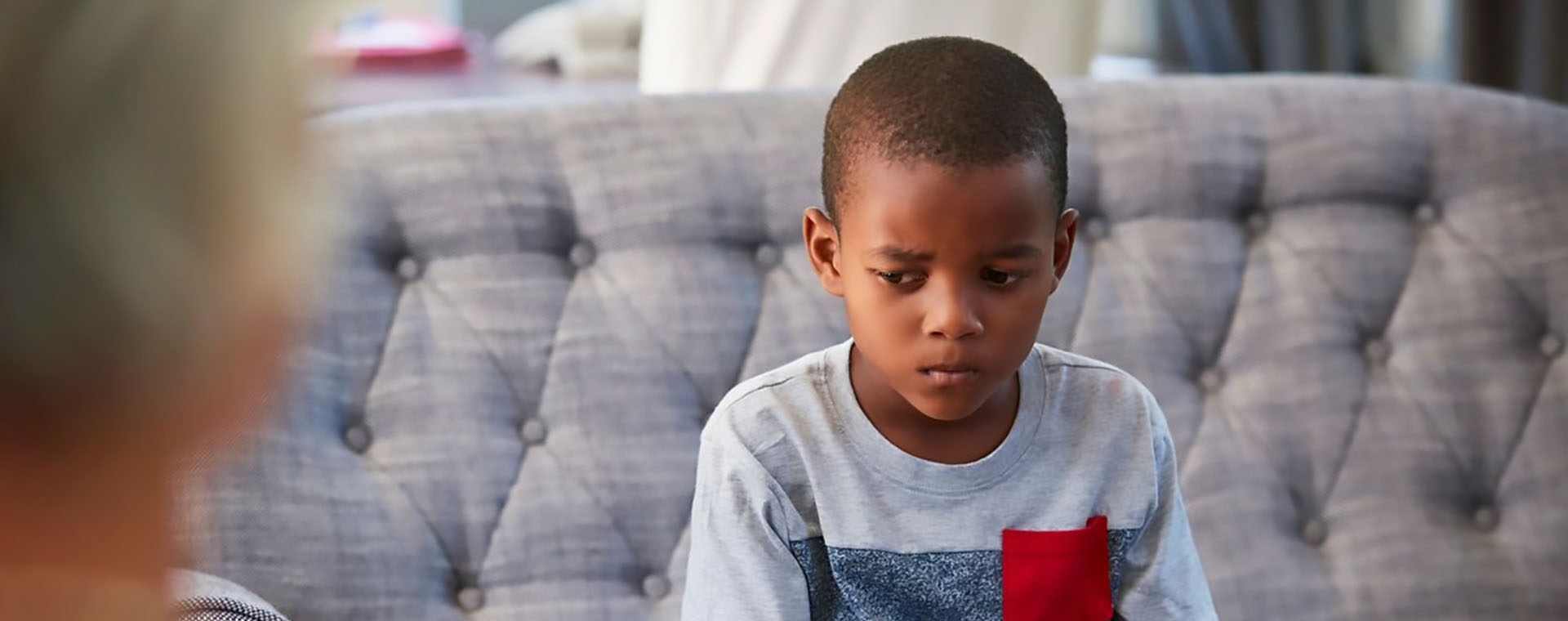Kids with trauma may be reserved or shut down in therapy sessions. Building trust is an essential part of the process.
When I begin working with new children or adolescent clients that have a history of trauma, I try to establish my office as a safe place for them to be. I don’t rush into questioning them about their history, but allow them to establish boundaries and a feeling of safety before I engage in underlying trauma or issues of abuse.
Kids with trauma may be slow to build trust. Some children have been told that if they talk about the trauma or abuse that they will be harmed, so taking time to slowly build the therapeutic relationship is essential for the therapist to be able to help the child.
To build trust, my office has to feel like a safe place that allows the child to feel comfortable. I have a selection of therapy books, games and art materials to engage the child in a non-direct approach to underlying issues.
Using trauma informed care and being mindful of what the client needs is an essential part of each session. One of the reasons we created and developed therapy books and games was to help gather information and history from the child in a way that feels safe, fun, and in their control. Through play therapy, a wealth of information can be gathered in a way that the child does not feel further traumatized or uncomfortable with the therapy process.
